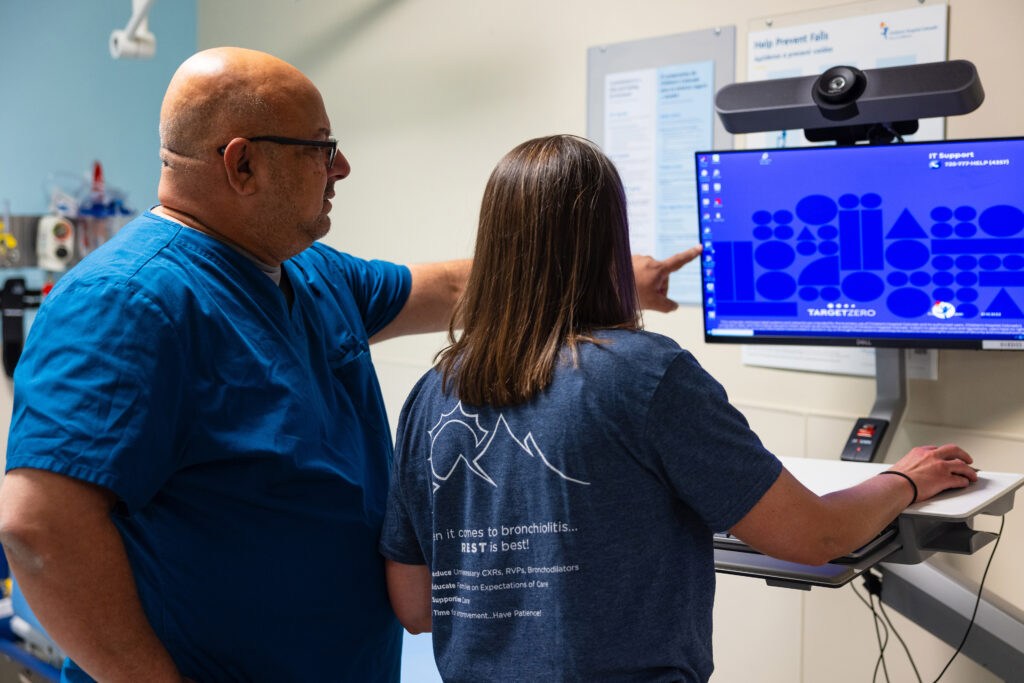

The U.S. spends huge amounts of money on health care that does little or nothing to help patients, and may even harm them. In Colorado, a new analysis shows that the number of tests and treatments conducted for which the risks and costs exceed the benefits has barely budged despite a decade-long attempt to tamp down on such care.
The state — including the government, insurers, and patients themselves — spent $134 million last year on what is called low-value care, according to the report by the Center for Improving Value in Health Care, a Denver nonprofit that collects billing data from health plans across Colorado. The top low-value items in terms of spending in each of the past three years were prescriptions for opiates, prescriptions for multiple antipsychotics, and screenings for vitamin D deficiency, according to the analysis.
Nationwide, those treatments raise costs, lead to health complications, and interfere with more appropriate care. But the structure of the U.S. health system, which rewards doctors for providing more care rather than the right care, has made it difficult to stop such waste. Even in places that have reduced or eliminated the financial incentive for additional testing, such as Los Angeles County, low-value care remains a problem.